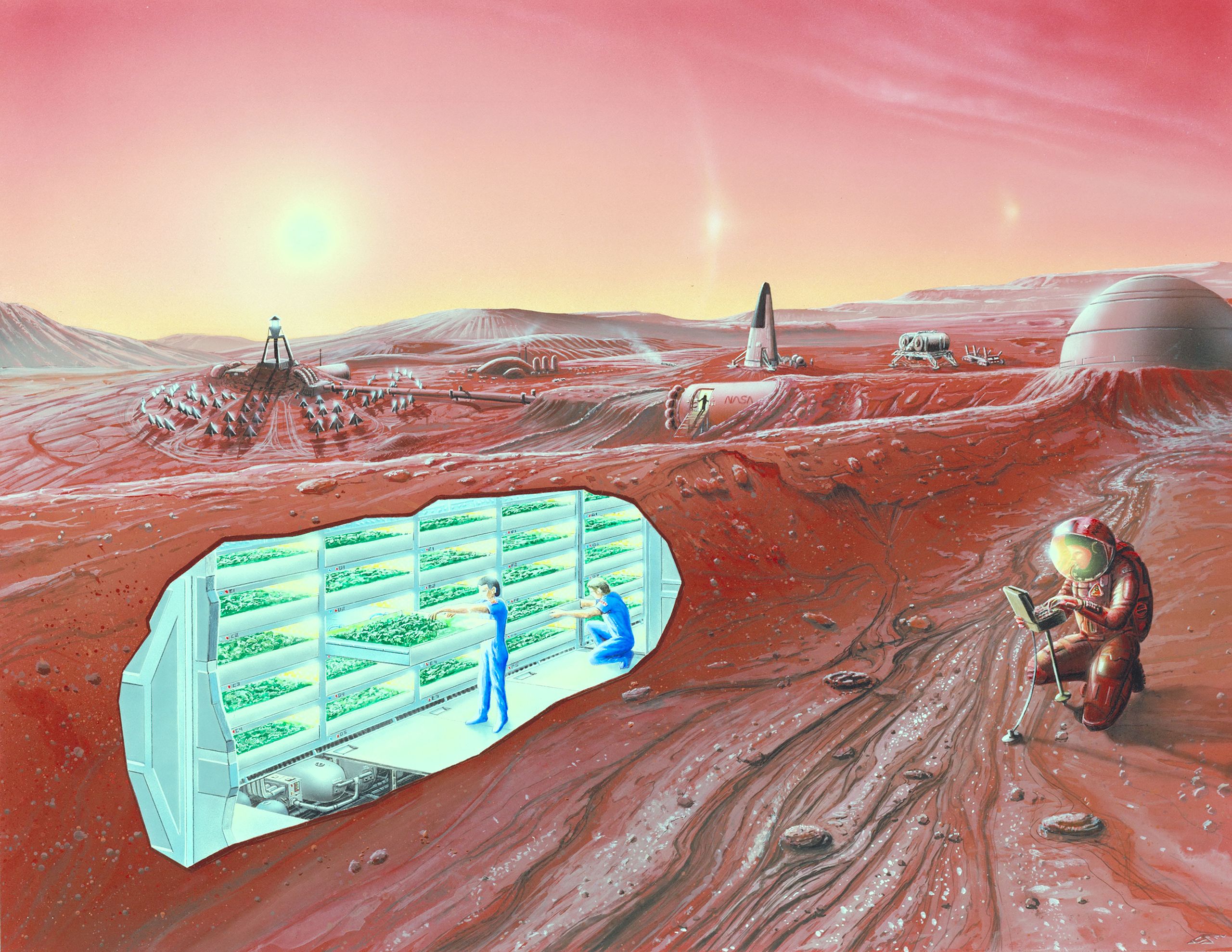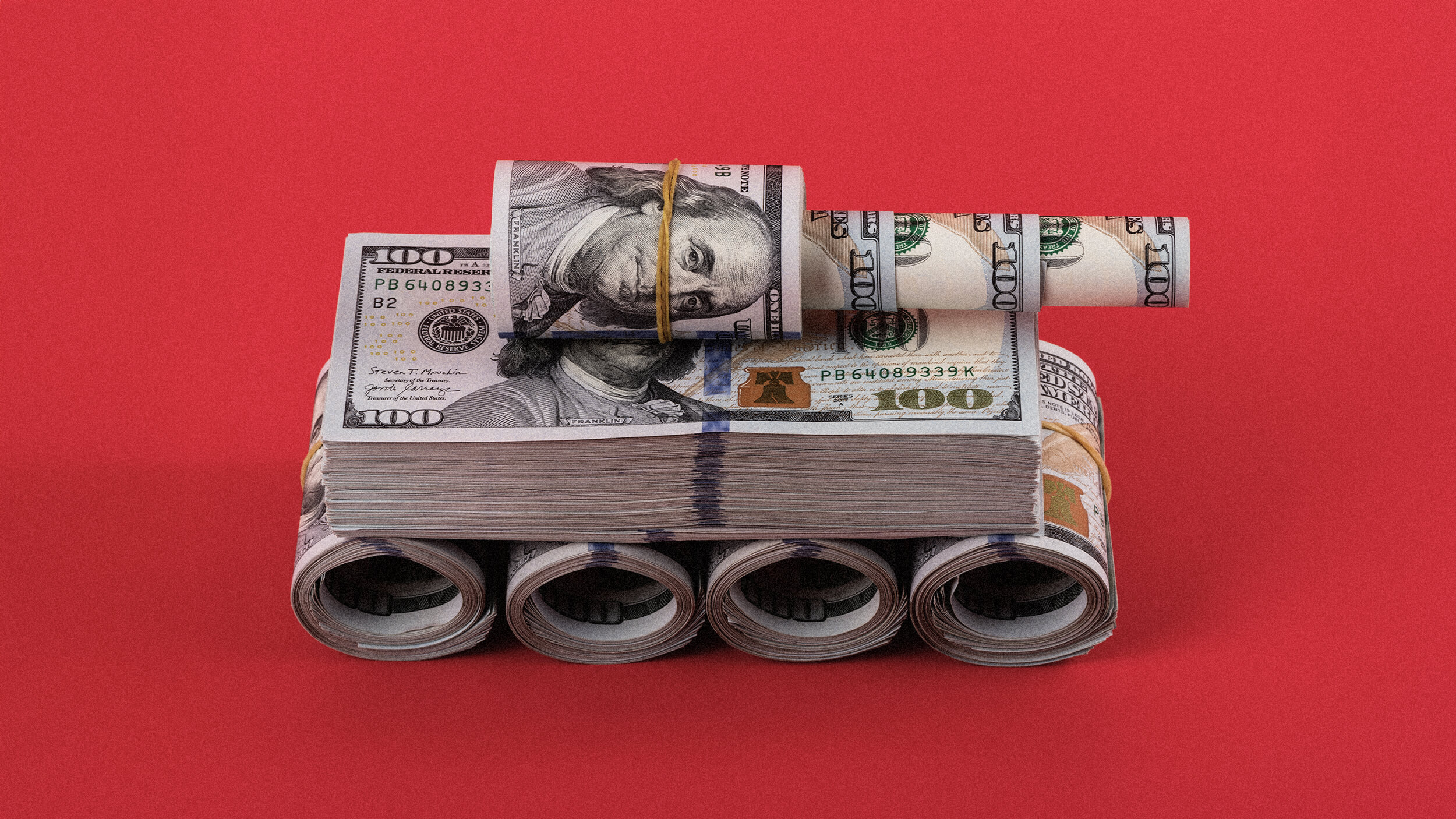Ronen Bergman on the status of Iran’s nuclear weapons program.
Question: When will Iran have a nuclear weapon?
Ronen Bergman: If you ask Israeli intelligence, who are naturally alarmists, they would tell you end of 2009, beginning of 2010. If you ask CIA, they would say 2011 to 2015. German intelligence state 2013.
So, the difference is not just because of different interpretations of intelligence but because of the lack of intelligence. The Iranians are masters of disinformation and field security.
So, it’s not very clear what is the situation, but it’s very clear that they are making great advancement. They are boasting with it publicly. And they are far, 3 to 5 years, from assembling the first nuclear device and another 2 years from the ability to adjust this device to the size of a warhead.
Question: Does the threat of mutually assured destruction not apply?
Ronen Bergman: I always tell my friends who are not Jewish and not Israelis that if they want to ever understand Israeli character, Israeli nature, if they want to estimate or forecast Israel's next move, they wouldn’t be able to do so if not getting a deeper understanding of the profound meaning of the Holocaust as a major phenomena in the collective identity of all Israelis, not just as a historical memory but as a living trauma.
I’m a second Holocaust to the generation. Both my parents are survivors. So, for someone like me, you would expect to have repercussion of this memory.
But even people in Israel who are fifth generation or don’t have any sort of connection, a family connection, to Holocaust victims, they bear this with them day after day.
There’s no day that I walk the streets of Tel Aviv and people who deem me as someone who possibly understands something about Iran, asking me not “if” but only “when,” when will President Ahmadinejad drop the bomb? They are completely, positively sure that he would do it once he has the chance.
I can understand this but, at the same time, I would estimate that the Iranians are not going to use any atomic weapon on Israel. They prove to be pragmatic and rational when it came to the main interest that they are defending, and this is the existence of the regime. They know that by using nuclear weaponry on Israel it means necessarily mutual destruction. They know that Israel can launch a counterstrike. They don’t want to be nuked.
Every pistachio being exported from Iran, the number two in the regime, Hashemi Rafsanjani, gets the commission. He is rich. He likes life. He doesn’t want to be nuked.
These people might be supportive of suicide terrorism, but they are not suicidal themselves. I say it is highly unlikely for them to use any sort of nuclear strike.
Now, the question arises, of course, why would they need a nuclear weapon? And the answer is they want to have the nuclear umbrella over their heads in order to defend themselves, to have an insurance policy, to be able to execute whatever foreign policy they deem right, of export of terrorism, subversion, to help insurgencies in Iraq or in Afghanistan, to have Hamas, to have Hezbollah. Meaning, to export their revolution to other places while not being afraid that the Americans would do to them what they did to Saddam Hussein. This is their insurance policy.
Now, you would say, probably, “So, you must be very relaxed if you believe that the Iranians are not going to use the bomb.” And I would say, no.
If I would be the Israeli Prime Minister, I would do whatever I can to prevent them. Why? A) Because I don’t want to live in a Middle East that is dependent on mutual nuclear deterrence. B) Because I don’t want to be hysterical to someone less pragmatic and less rational than the supreme leader [Ali Khamenei] takes over. C) I don’t want to be hysterical of the possibility of proliferation of a warhead to a terrorist organization.
And the most important is that Arab countries that not happily and not gladly accepting the fact that Israel holds a nuclear arsenal would never ever accept a Shiite country with this kind of weapon and immediately start a new nuclear arms race in the Middle East. Egypt, Jordan, Saudi Arabia, possibly Algeria, would immediately try to have their own bomb. This would put the Middle East into a decade of ongoing war and distant peace to an unknown date.
Question: In a military confrontation with Iran, would Israel be the aggressor?
Ronen Bergman: Well, it depends on how you define aggressors. If we’re talking about only on a direct strike, yes. I would assume, I would assess that Israel will be the first to strike.
But war can be launched in many other ways. To have Hezbollah as an Iranian division on Israel's northern body, attacking Israel for the last 24 years, this is another sort of war. Having Iranian trainers, revolutionary guards in the Gaza Strip, training Hamas to execute better suicide bombing, this is another source of launching war. And helping Iraqi insurgencies, making sure that they send as many American troops home in body bags, is a sort of declaring war against the US.
So, I think that this is an ongoing war without getting into a question on who started it. But this is an ongoing war, and the Israeli likely attack on the nuclear facilities of Iran, it’s just one step more in that ongoing war.
Recorded: Sep 19, 2008





